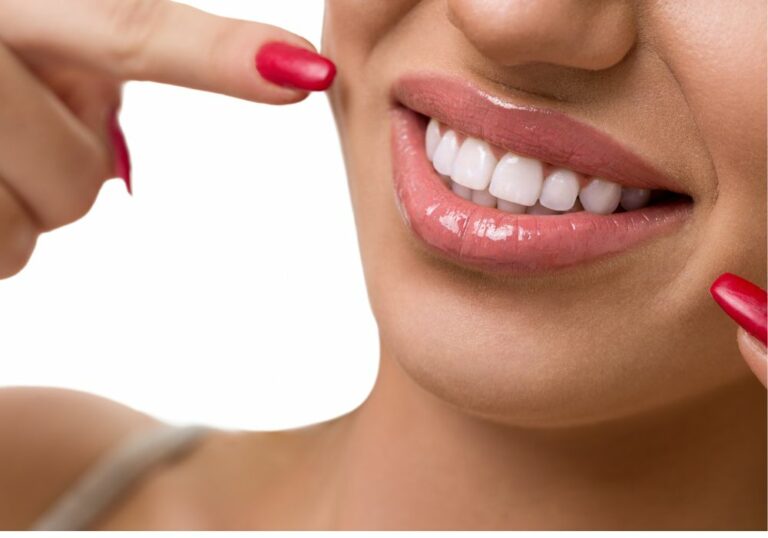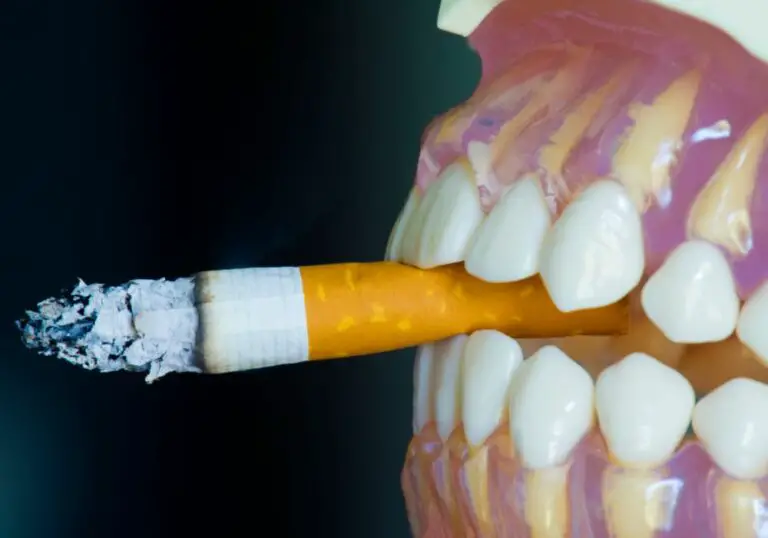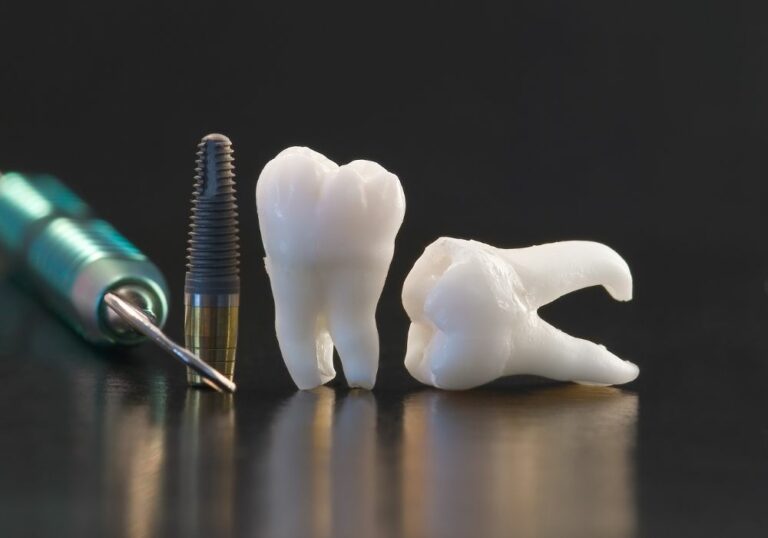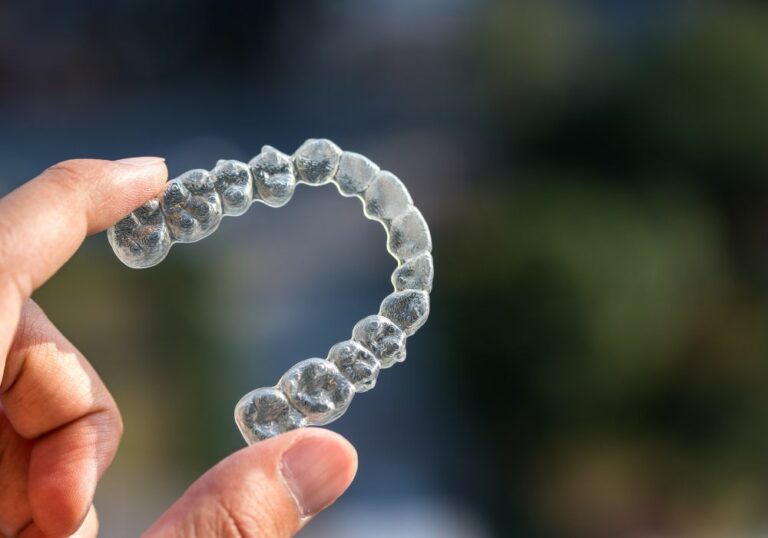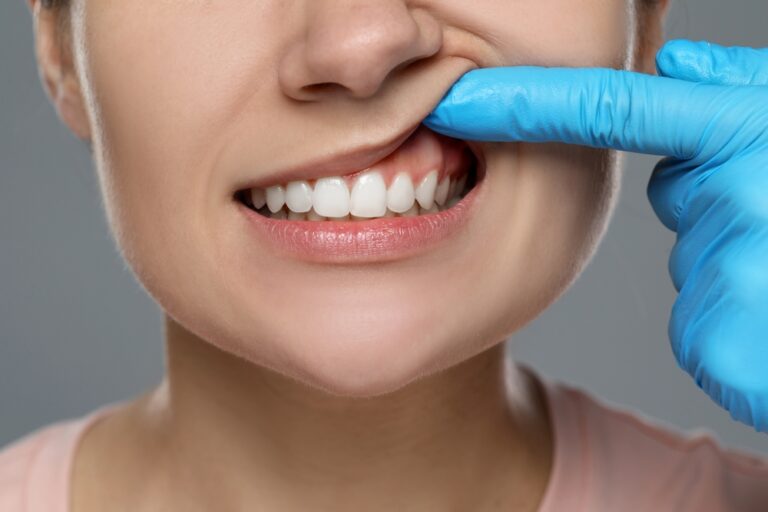If you are scheduled for wisdom teeth removal, you may be wondering if you can drink anything before the procedure. The answer to this question depends on the type of anesthesia you will receive.
If you are having local anesthesia, which numbs only the area around the tooth, you can typically drink clear liquids up to two hours before the procedure. However, you should avoid anything that contains pulp or particles, such as orange juice or smoothies, as they may interfere with the extraction process.
On the other hand, if you are having general anesthesia, which puts you to sleep during the procedure, you will need to follow specific guidelines regarding food and drink. Your oral surgeon will likely advise you not to eat or drink anything for at least eight hours before the procedure to reduce the risk of aspiration, which is when stomach contents enter the lungs. It is essential to follow these guidelines to ensure your safety during the procedure.
Understanding Wisdom Teeth Removal
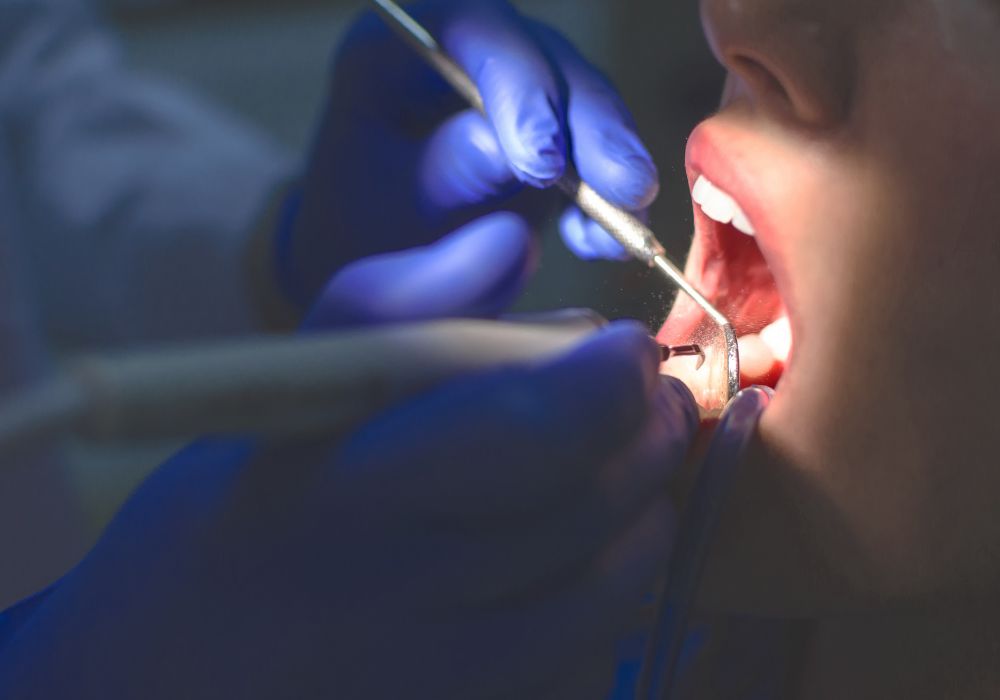
If you have been advised to undergo wisdom teeth removal, it is important to understand the procedure and how to prepare for it. Wisdom teeth are the last set of molars that grow at the back of your mouth, and they typically emerge during the late teenage years or early twenties. However, not everyone develops wisdom teeth, and some people may have only one or two instead of the usual four.
Wisdom teeth can cause problems if they do not have enough space to grow or emerge at an angle. In such cases, they can become impacted, leading to pain, infection, and other dental issues. Wisdom teeth removal is a common procedure to alleviate these problems, and it involves the surgical extraction of one or more wisdom teeth.
Before the procedure, your dentist or oral surgeon will provide you with specific instructions on how to prepare for it. You may need to avoid eating or drinking for a certain period before the surgery, especially if you will be receiving intravenous (IV) sedation or general anesthesia. It is important to follow these instructions carefully to reduce the risk of complications during and after the procedure.
During the procedure, the dentist or oral surgeon will numb the area around the wisdom tooth with a local anesthetic. They may also administer sedation or general anesthesia to help you relax or sleep during the procedure. Once the area is numb, the dentist or oral surgeon will make an incision in the gum tissue to access the wisdom tooth. They will then remove the tooth, sometimes in pieces, and clean the area before closing the incision with stitches.
After the procedure, you will need to follow specific instructions to promote healing and reduce the risk of complications. You may experience some pain, swelling, or bleeding, which can be managed with pain relievers, ice packs, and gauze pads. You may also need to avoid certain foods and activities for a few days after the procedure to allow the area to heal properly.
In summary, wisdom teeth removal is a common procedure to alleviate problems caused by impacted wisdom teeth. It involves the surgical extraction of one or more wisdom teeth under local anesthesia, sedation, or general anesthesia. To prepare for the procedure and promote healing afterward, it is important to follow specific instructions provided by your dentist or oral surgeon.
Pre-Procedure Dietary Restrictions
Before your wisdom teeth removal, it is important to follow certain dietary restrictions to ensure a smooth and successful procedure. In this section, we will discuss the foods and drinks you should avoid before your surgery.
Alcoholic Beverages
It is recommended that you avoid all alcoholic beverages at least 24 hours before your wisdom teeth removal. Alcohol can interfere with the anesthesia and cause complications during the procedure. Additionally, alcohol can cause dehydration, which can make it more difficult for your body to recover after surgery.
Caffeinated Drinks
Caffeinated drinks such as coffee, tea, and soda should also be avoided before your surgery. Caffeine can increase your heart rate and blood pressure, which can make it more difficult for the anesthesia to work properly. Furthermore, caffeine can cause dehydration, which can lead to complications during and after surgery.
Dairy Products
Dairy products should be avoided at least 24 hours before your wisdom teeth removal. Dairy products can increase the production of mucus in your mouth, which can make it more difficult for the surgeon to perform the procedure. Additionally, dairy products can cause nausea and vomiting, which can interfere with the anesthesia and make it more difficult for your body to recover after surgery.
In summary, it is important to follow these dietary restrictions before your wisdom teeth removal to ensure a smooth and successful procedure. Avoid alcoholic beverages, caffeinated drinks, and dairy products at least 24 hours before your surgery to reduce the risk of complications and promote a speedy recovery.
Importance of Fasting Before Surgery
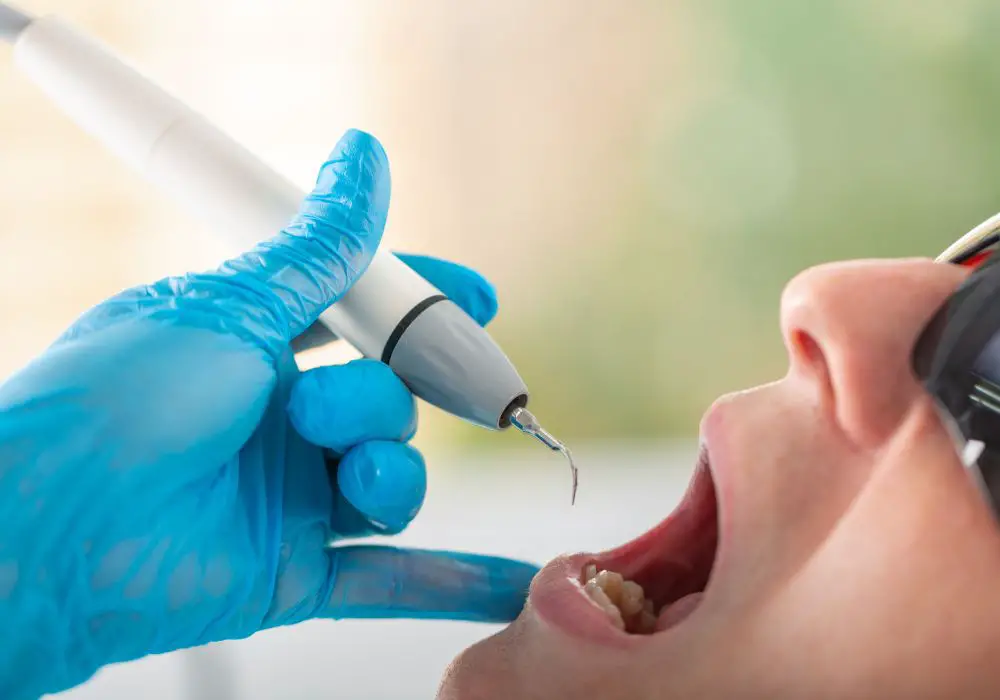
Fasting before surgery is an essential step to ensure a safe and successful procedure. It is important to follow the fasting guidelines provided by your dentist or oral surgeon. Fasting means you should not eat or drink anything for a certain period of time before the surgery.
The main reason for fasting is to prevent the risk of aspiration, which is when food or liquid enters your lungs instead of your stomach. This can cause serious complications such as pneumonia or lung infections. Fasting also reduces the risk of nausea and vomiting during and after the surgery.
In addition to the above, fasting helps the anesthesia work more effectively. If you have food or drink in your stomach during the surgery, it can interfere with the anesthesia, making it less effective. This can lead to discomfort or even pain during the procedure.
It is important to note that the fasting period may vary depending on the type of anesthesia used and the length of the surgery. Your dentist or oral surgeon will provide you with specific instructions on how long you should fast before the surgery.
In summary, fasting before wisdom teeth removal is crucial for your safety and comfort during the procedure. Be sure to follow the fasting guidelines provided by your dentist or oral surgeon to ensure a successful surgery.
The Role of Hydration
If you are planning to have your wisdom teeth removed, it is important to stay hydrated before and after the procedure. Proper hydration helps your body to function properly and can speed up the healing process. In this section, we will discuss the role of hydration in wisdom teeth removal and what you should drink to stay hydrated.
Water Intake
Drinking water is essential for pre-operative preparation to keep the body nourished and healthy. However, it is important to note that patients should avoid drinking any fluids at least 2 hours before the surgery, including water, coffee, tea, and sodas. After the surgery, it is recommended to drink plenty of water to stay hydrated. Here are some tips to help you stay hydrated:
- Drink at least eight glasses of water per day
- Sip water slowly rather than gulping it down
- Avoid drinking carbonated or sugary drinks
Sports Drinks
Sports drinks like Gatorade and Powerade can be a good option for staying hydrated after wisdom teeth removal. These drinks contain electrolytes that can help replenish lost fluids and minerals in your body. However, it is important to note that sports drinks are high in sugar and calories, so they should be consumed in moderation. Here are some tips to help you choose the right sports drink:
- Look for sports drinks that are low in sugar and calories
- Avoid sports drinks that contain caffeine
- Drink sports drinks in moderation
In summary, staying hydrated before and after wisdom teeth removal is crucial for proper healing and recovery. Drinking water is essential for pre-operative preparation, but be sure to avoid drinking any fluids at least 2 hours before the surgery. After the surgery, drink plenty of water and consider sports drinks with electrolytes to replenish lost fluids and minerals.
Medications and Supplements
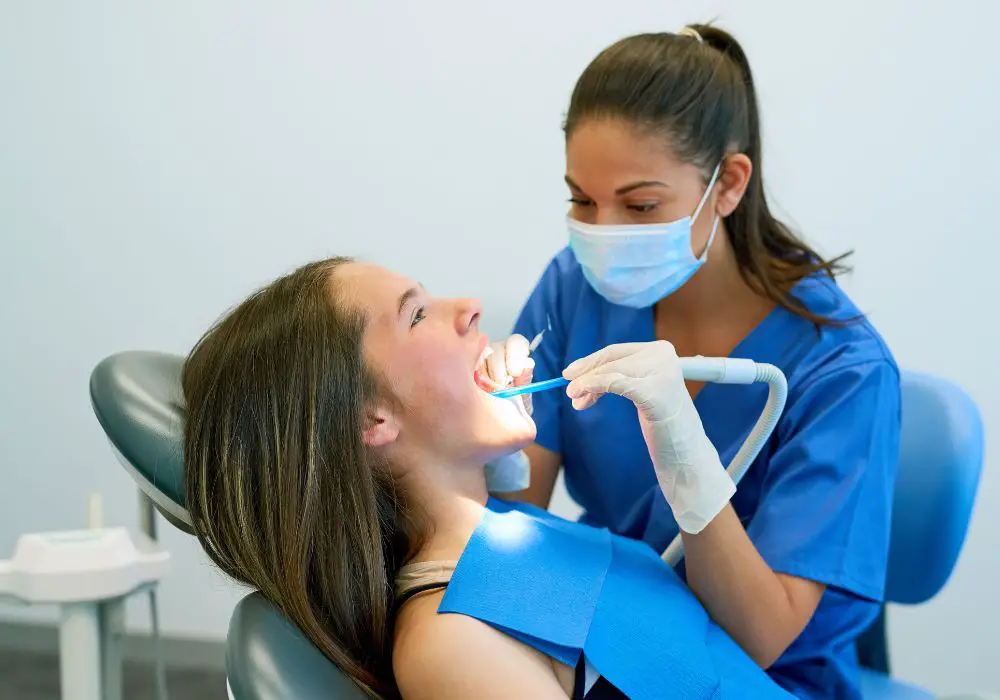
Before your wisdom teeth removal, it is important to inform your dentist about all the medications and supplements you are taking. This includes both prescription and over-the-counter items. Your dentist will advise you on which medications to avoid and which ones you can continue taking.
Some medications and supplements can affect the blood’s ability to clot, which can lead to excessive bleeding during and after the procedure. Therefore, it is important to avoid certain medications and supplements before your wisdom teeth removal. Some of these medications and supplements include:
- Aspirin and aspirin-containing products
- Nonsteroidal anti-inflammatory drugs (NSAIDs) such as ibuprofen and naproxen
- Vitamin E
- Fish oil supplements
- Garlic supplements
- Ginseng supplements
- Ginkgo biloba supplements
Your dentist may also advise you to avoid certain medications that can cause drowsiness or affect your ability to drive, such as sedatives, tranquilizers, and sleeping pills. It is important to follow your dentist’s instructions carefully to ensure a smooth and safe recovery.
If you are unsure about whether a medication or supplement is safe to take before your wisdom teeth removal, be sure to consult with your dentist or pharmacist. They can provide you with the information you need to make an informed decision about your medications and supplements.
Special Cases
Diabetic Patients
If you are a diabetic patient, it is important to manage your blood sugar levels before and after wisdom teeth removal. You should follow your regular diet and medication schedule as closely as possible. However, if you are scheduled for surgery in the morning, you should avoid taking your diabetes medication until after the procedure. You should also inform your dentist or oral surgeon of your diabetes and bring your glucose monitor with you to the appointment.
During the recovery period, it is important to monitor your blood sugar levels closely. You may need to adjust your medication or insulin dosage based on your activity level and diet. Eating soft, easy-to-chew foods and drinking plenty of fluids can help you maintain your blood sugar levels and promote healing.
Patients with Dietary Restrictions
If you have dietary restrictions, such as allergies or intolerances, it is important to inform your dentist or oral surgeon before the procedure. They can provide you with a list of foods and beverages to avoid before and after surgery. You may also need to bring your own food and drinks to the appointment.
During the recovery period, you should follow your regular diet as closely as possible while avoiding hard, crunchy, or spicy foods that can irritate the surgical site. You should also drink plenty of fluids, but avoid using straws, as the suction can dislodge the blood clot and delay healing.
If you have any concerns or questions about your dietary restrictions, be sure to discuss them with your dentist or oral surgeon before the procedure. They can provide you with personalized advice and recommendations based on your individual needs and preferences.
Frequently Asked Questions
What can I drink before wisdom teeth removal?
It is recommended that you do not drink anything, including water, for at least six hours before your wisdom teeth removal surgery. This is to prevent any complications during the procedure, such as vomiting or aspiration.
Is it okay to drink water before wisdom teeth removal?
You can drink water up to two hours before your wisdom teeth removal surgery. However, it is important to avoid drinking too much water, as this can cause you to feel nauseous during the procedure.
Can I have a smoothie before wisdom teeth removal?
It is not recommended to have a smoothie before your wisdom teeth removal surgery, as the small particles in the smoothie can get stuck in the surgical site and cause complications during the healing process.
What liquids can I drink after wisdom teeth removal?
After your wisdom teeth removal surgery, it is important to stick to clear liquids for the first 24 hours. This includes water, apple juice, and broth. You should avoid drinking any liquids through a straw, as this can dislodge the blood clot and cause dry socket.
How long before wisdom teeth removal should I stop drinking?
You should stop drinking any liquids, including water, at least six hours before your wisdom teeth removal surgery.
Can I drink tea before wisdom teeth removal?
It is not recommended to drink tea before your wisdom teeth removal surgery, as the heat from the tea can cause bleeding and other complications during the procedure.

